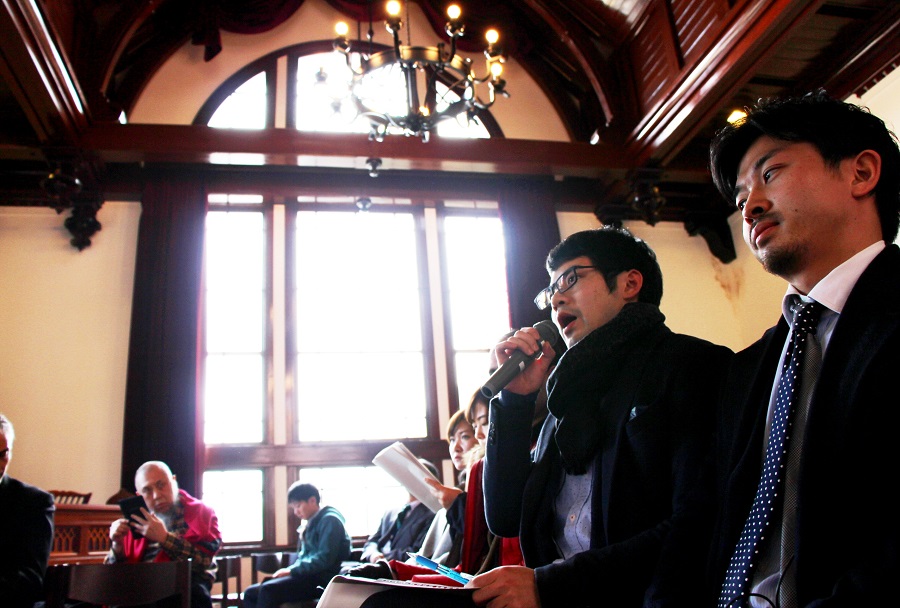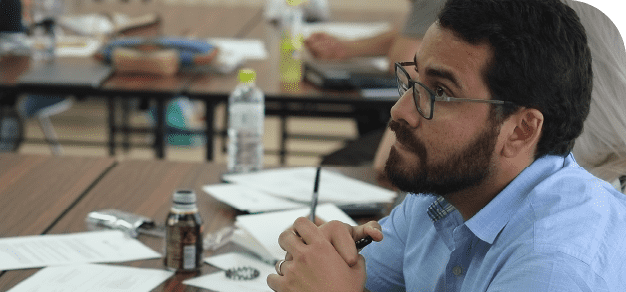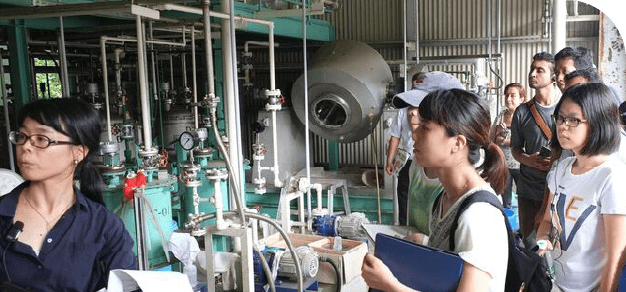Recent Activities
最新の活動
講演:チュニジア国民対話カルテット(ノーベル平和賞)
2017/02/24
Global Leadership Forum
日時:2017年2月24日(金)13:00~14:30
場所:同志社大学 今出川キャンパス クラーク記念館チャペル(2階)
演題:チュニジア国民対話カルテット
講師:チュニジア労働総同盟 事務総長 フサイン・アッバーシー氏
司会:グローバル・スタディーズ研究科 内藤 正典 教授
言語:アラビア語(日本語・英語への同時通訳あり)
今回は、2015年度ノーベル平和賞を受賞された「チュニジア国民対話カルテット」のリーダー的存在であるフサイン・アッバーシー氏を講師としてお招きしました。
氏は4つの市民団体からなるカルテットを率いて、「アラブの春」以降混乱が続くチュニジアにおいて各政党やイスラム勢力とのあいだに立ち、「対話」による問題解決を訴え続けました。この活動により、軍の政治介入は抑えられ、市民のイニシアティブで民主化と自由が同国にもたらされました。
この例が、戦乱や弾圧に苦しむ人々にとって希望の光となり、本学学生にとってグローバル・リーダーの資質を学ぶ機会となるよう願っています。
講演では、チュニジアの民主化過程やご自身が代表を務めるチュニジア労働総同盟、国民対話カルテットの活動についてご紹介していただきました。
後半は質疑応答の時間を設け、聴講していた学生からの質問にも丁寧にお答えいただきました。
ご参加いただいた皆様、ありがとうございました。
※氏には同日、本学名誉学位が贈呈されました。
****************************************
学 生 報 告
****************************************Hisham Murad
(理工学研究科M1 / GRM履修候補生)
During the question and answer session, Dr. Abassi was asked how to create a common value between political parties, especially during the conflict intensification, and whether the quartet promotes multicultural entrepreneurship in business to fight poverty and international cooperation in solving the crisis. He was also asked about the idea that achieving democracy was not enough to overcome the crisis rather than the need for an agreement between all parties and nationalities. He was finally asked if he thinks what the quartet achieved in Tunisia would be effective if applied in other conflicted countries and what he thinks are the possible barriers to replicate the quartet success there.
****************************************
学生報告はこちらにも
Abdalrahman Mohamed Migdad
(GS研究科 D2 / GRM履修生)
<学生活動報告>ページ
****************************************
セミナー・レクチャー




